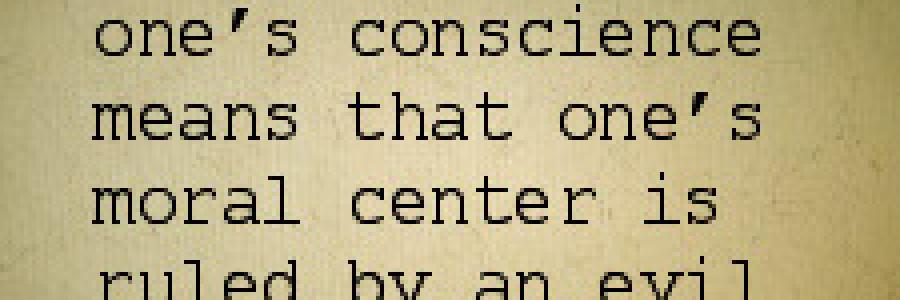(Read the series so far.)
When we apply Scripture, we arrive at convictions and we obey God by living according to them. But then why the differences? Why would different believers apply Scripture differently? Why would some believers be unable, or “weak” to do things, while others, apparently, don’t apply those Scriptures, at least in that way?
If each Scripture passage has one meaning that doesn’t change based on the reader, should all readers apply it in the same way?
To answer these questions, it helps to know that all these convictions of conscience can also be thought of in terms of heart-issues. I’ll give a personal example. A few years ago, in one of our deacon meetings at church, one of our group didn’t take his hat off when we prayed together.







Discussion